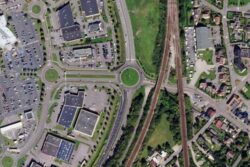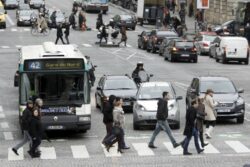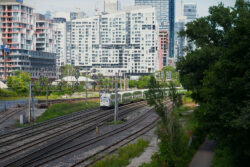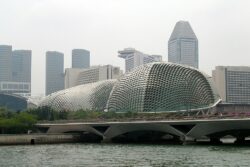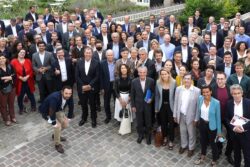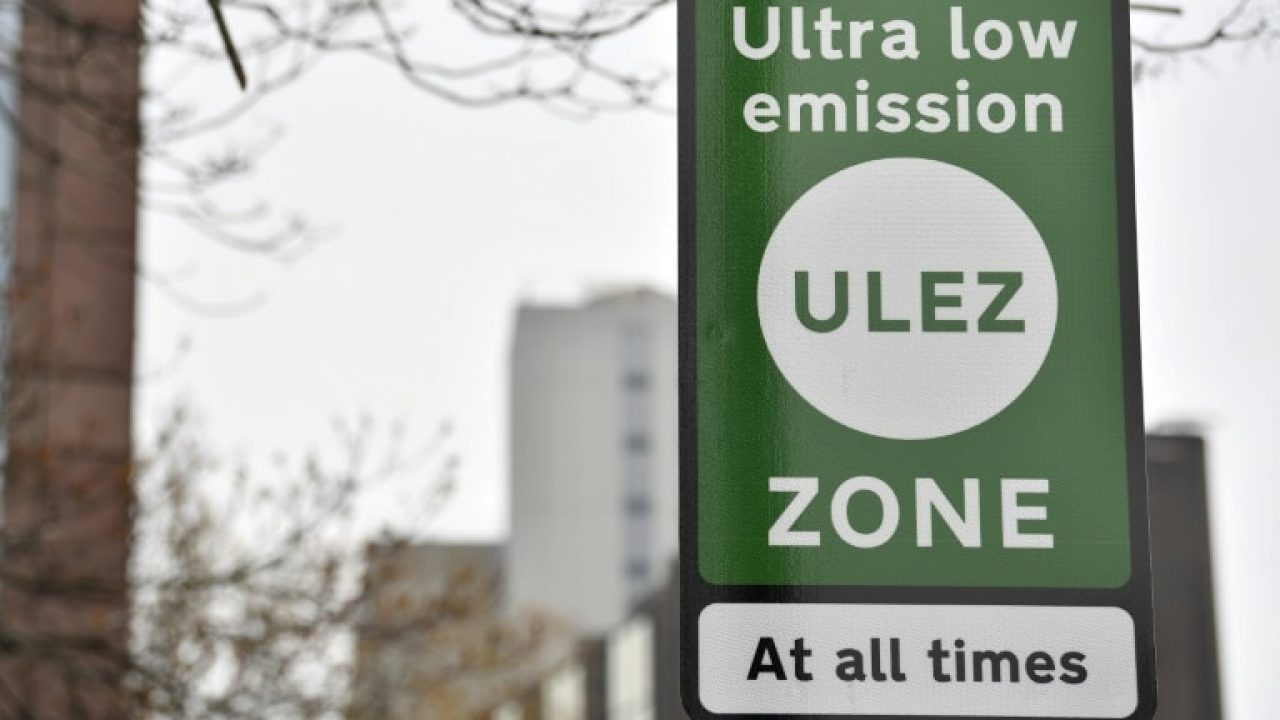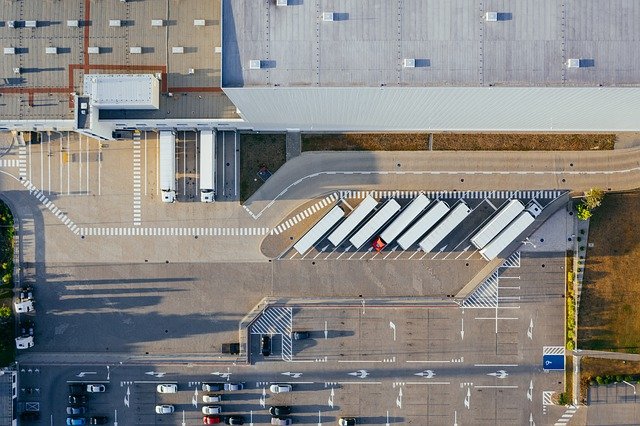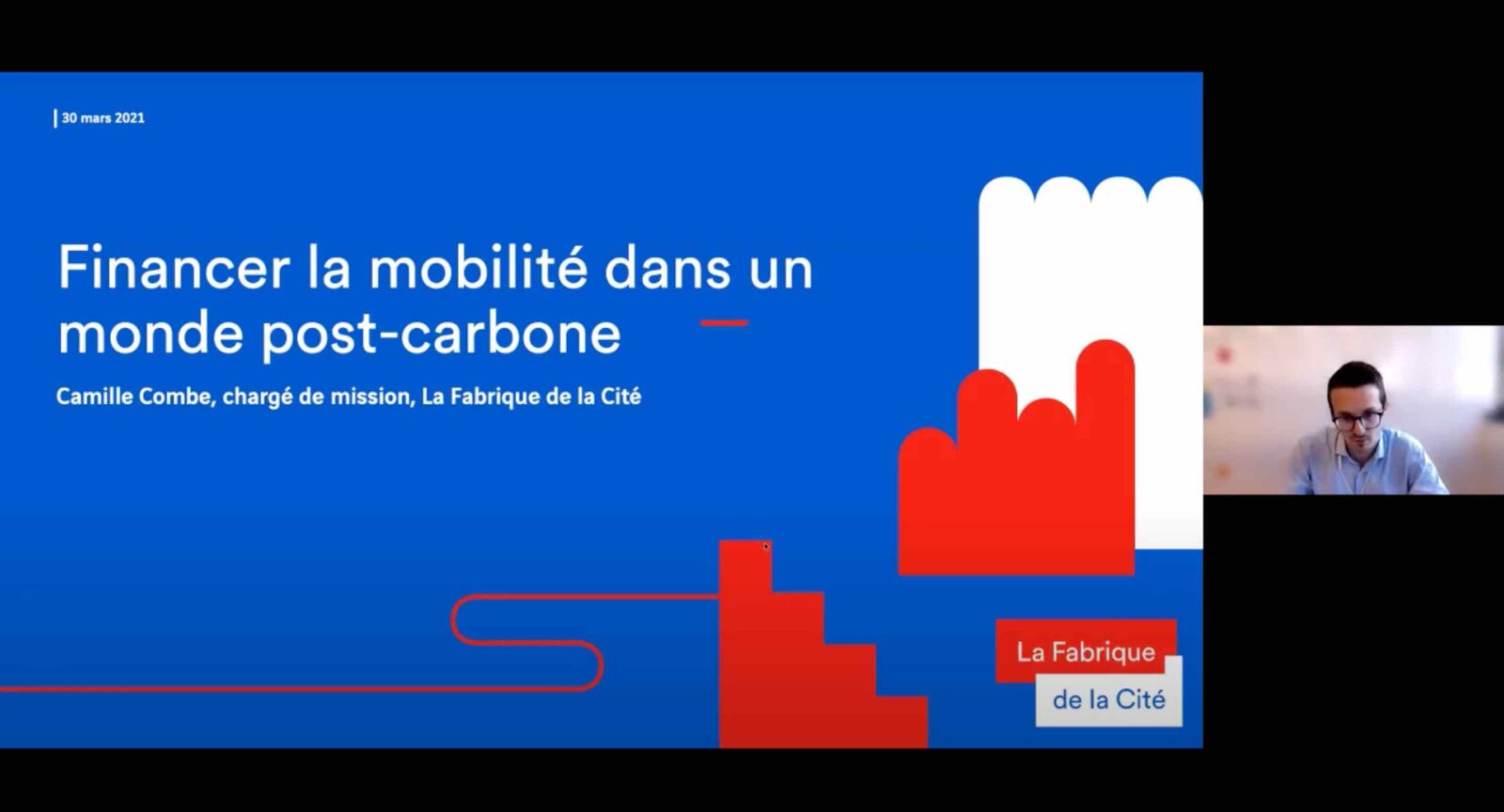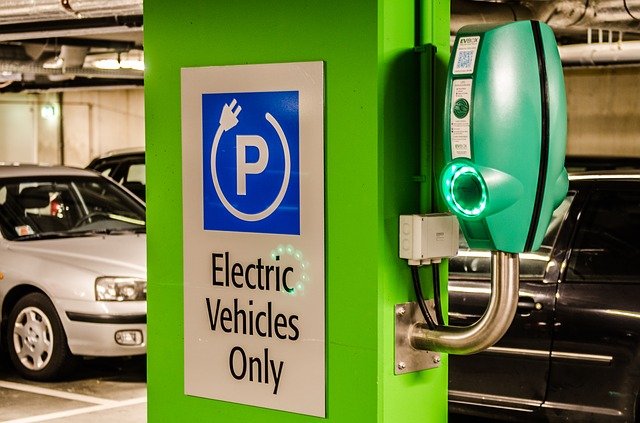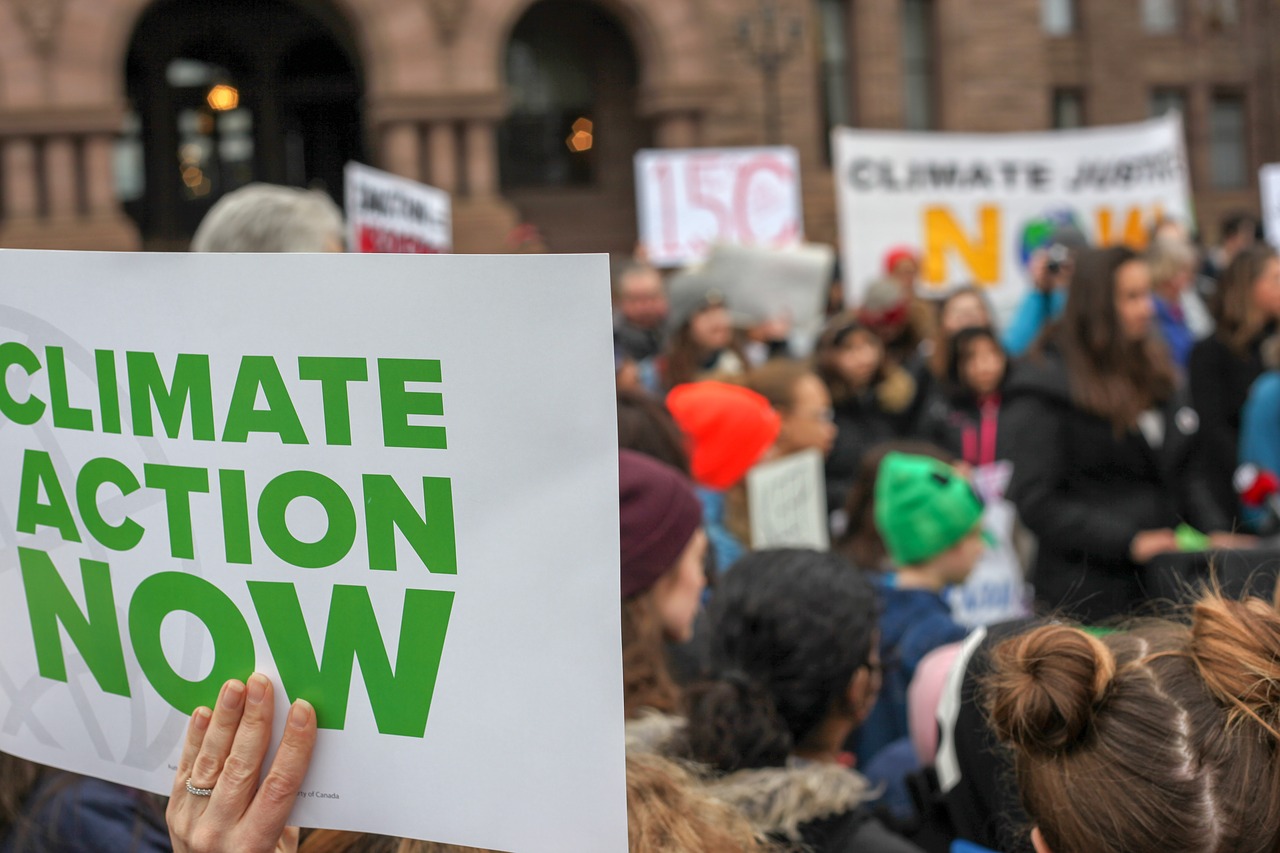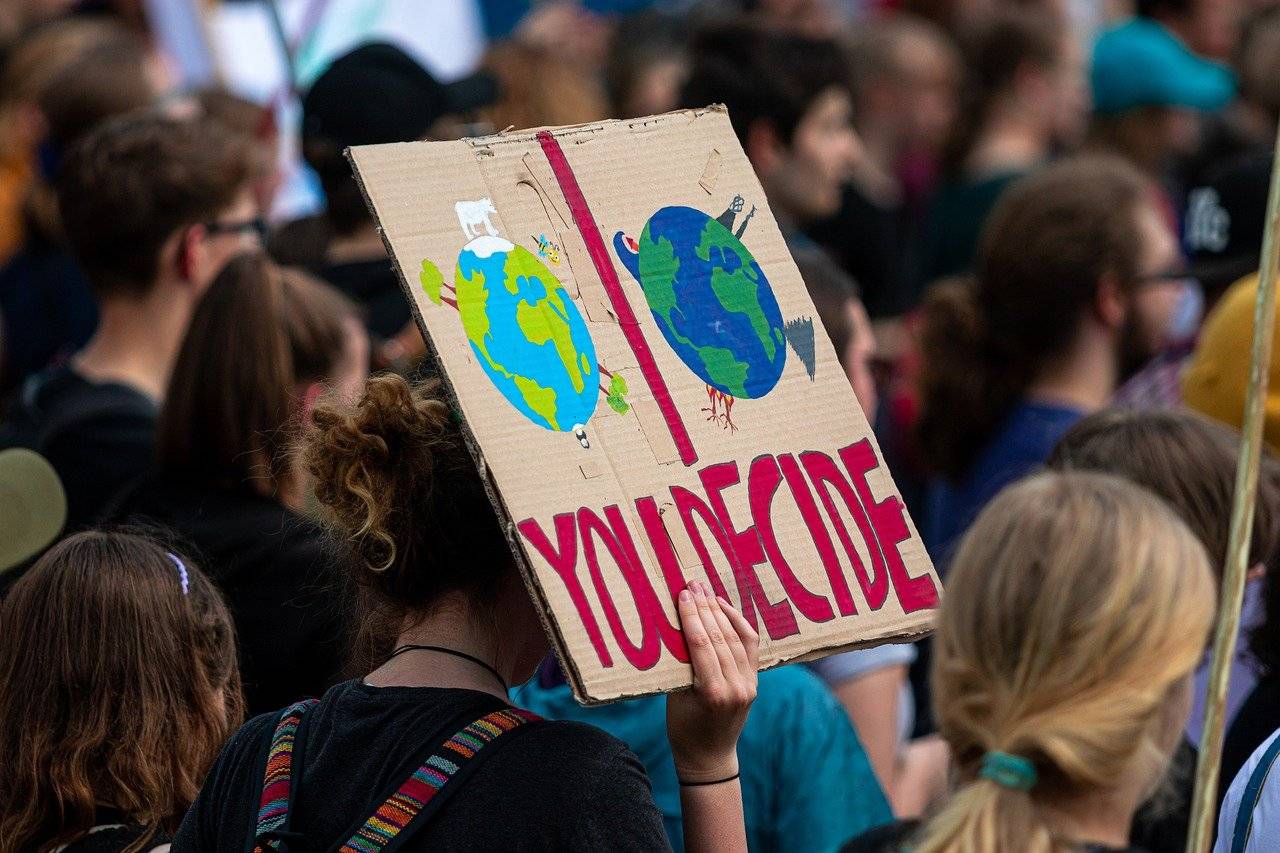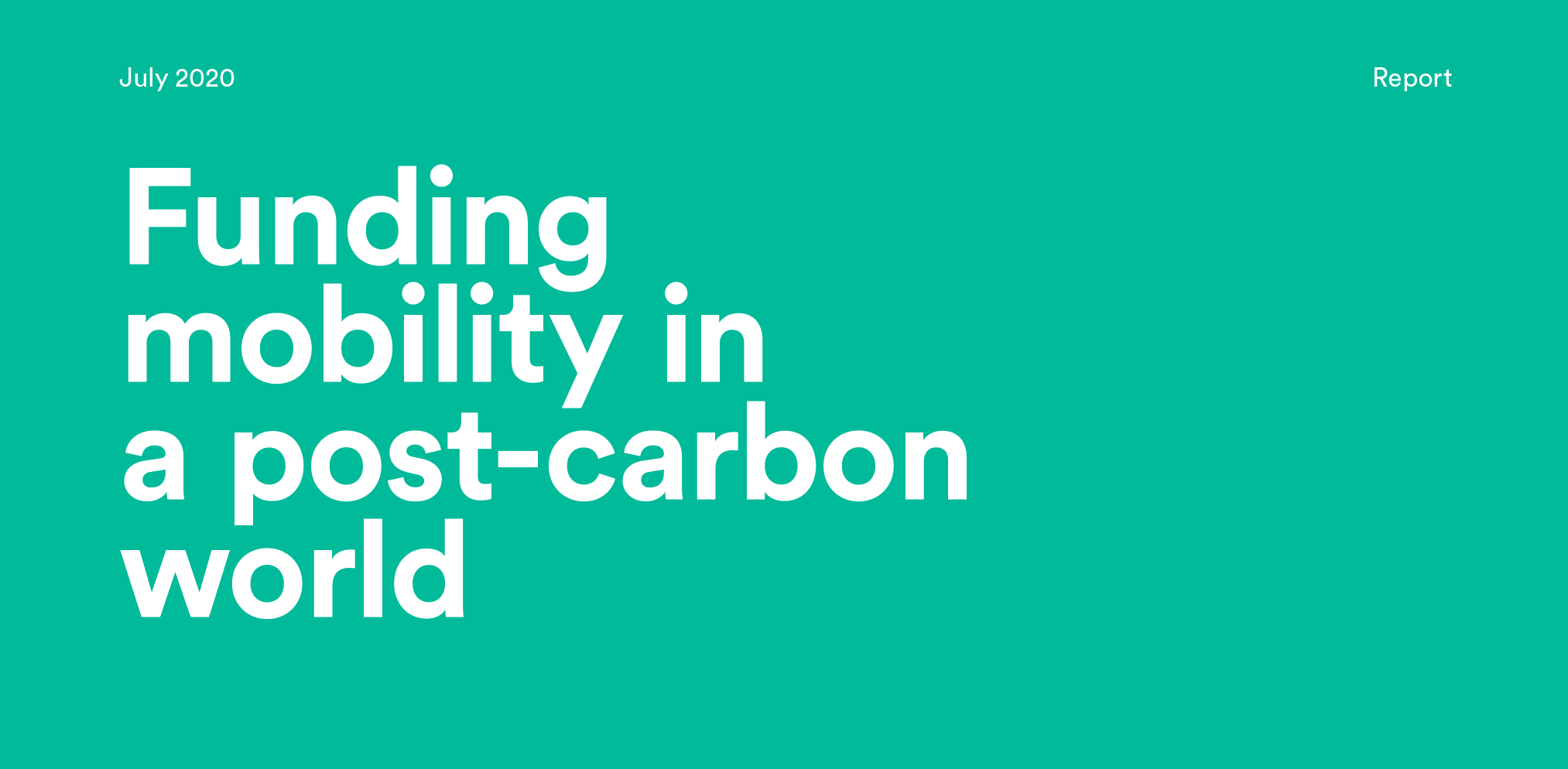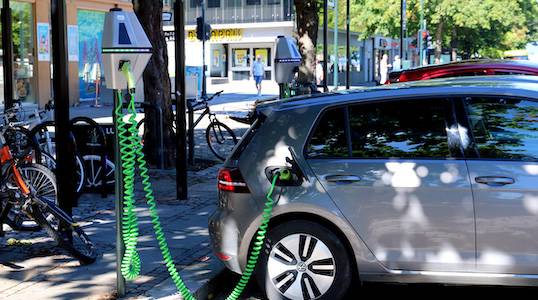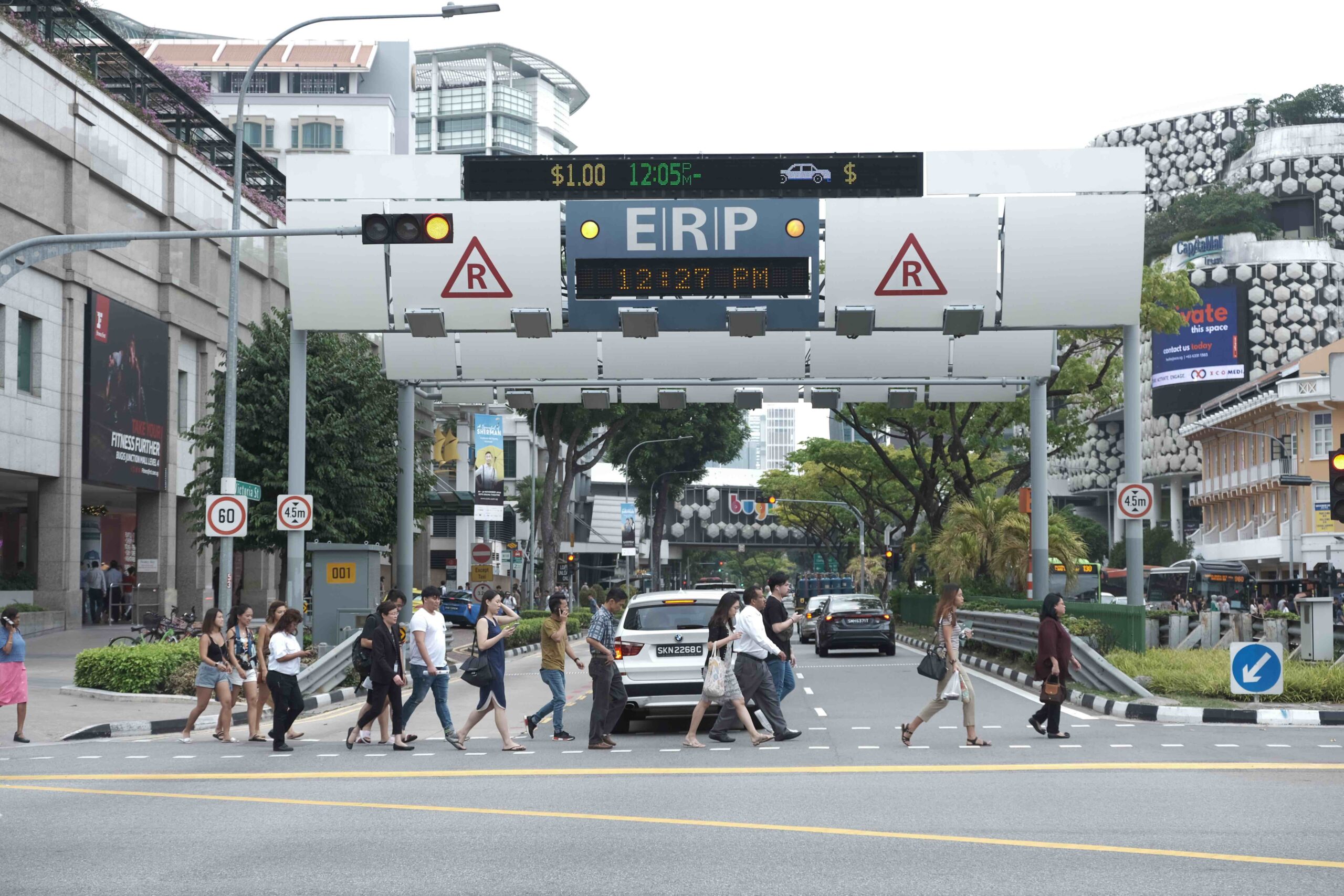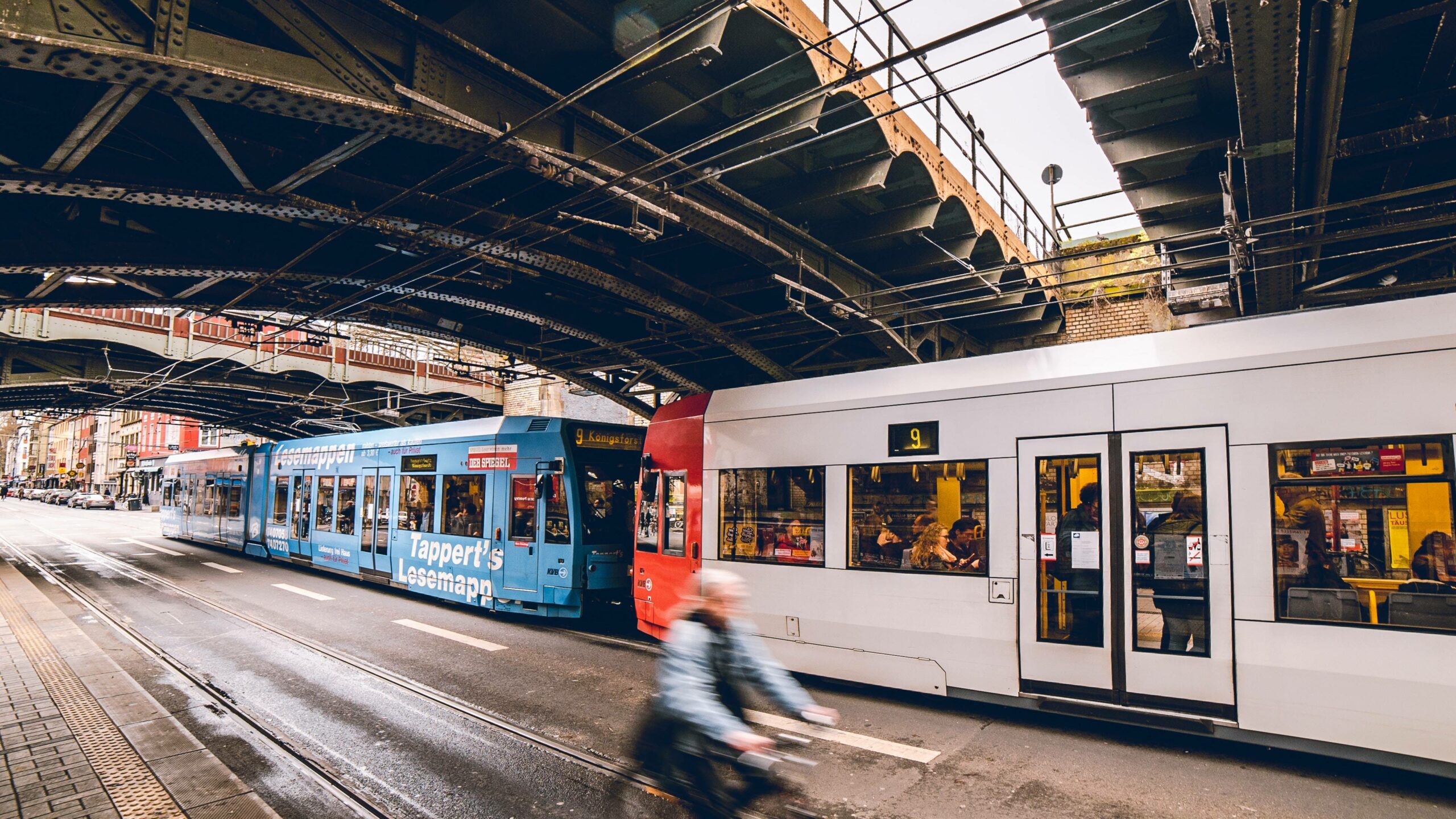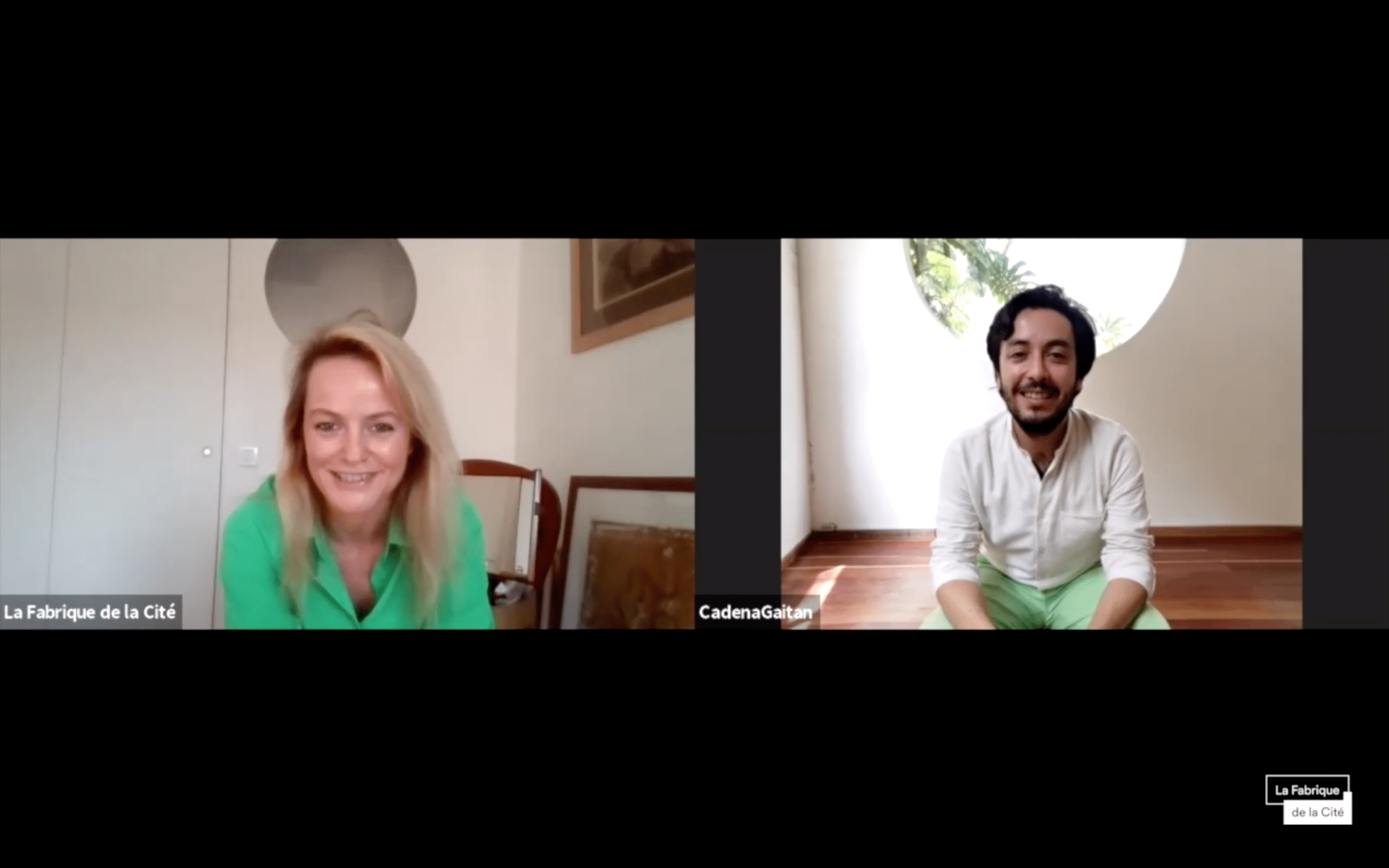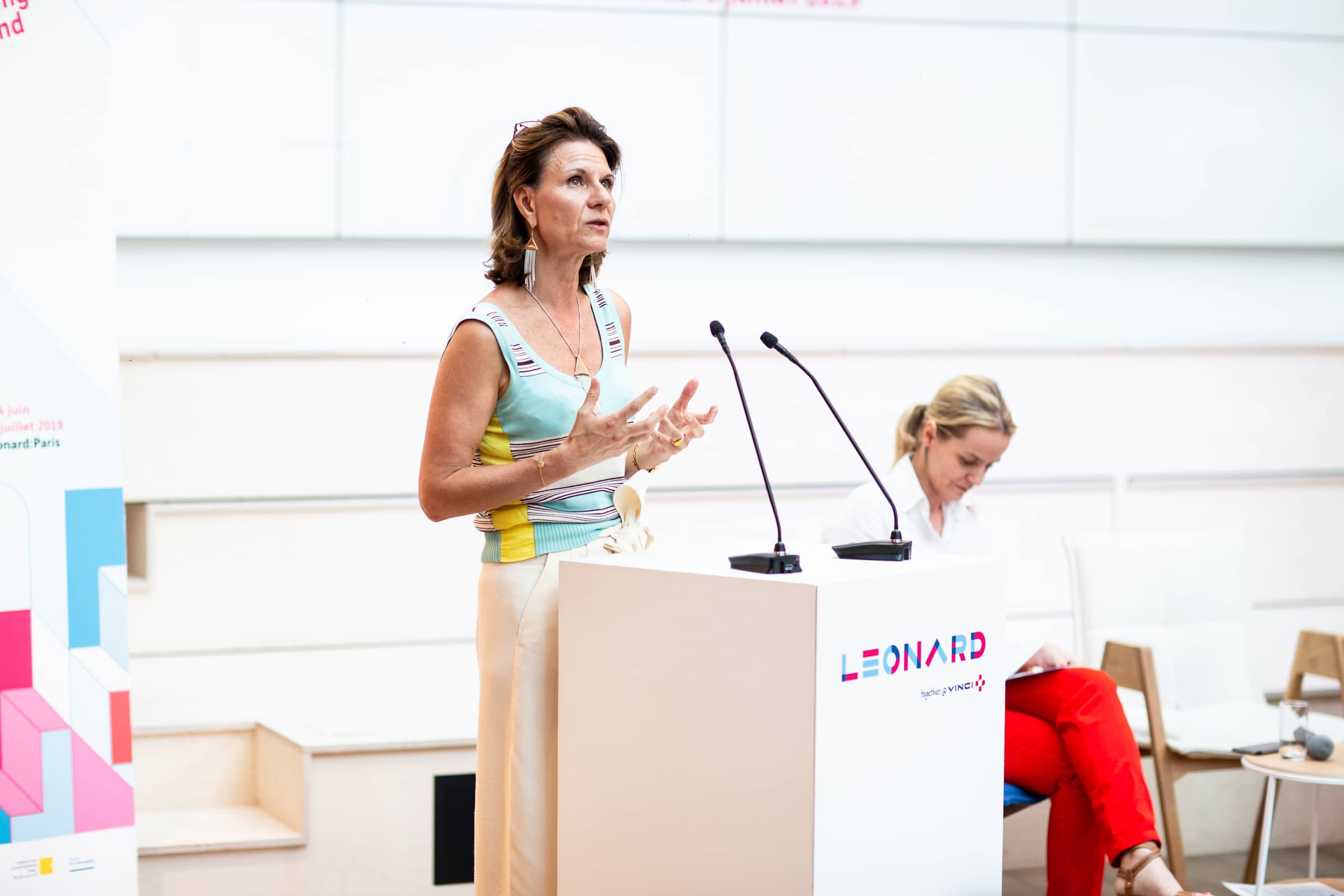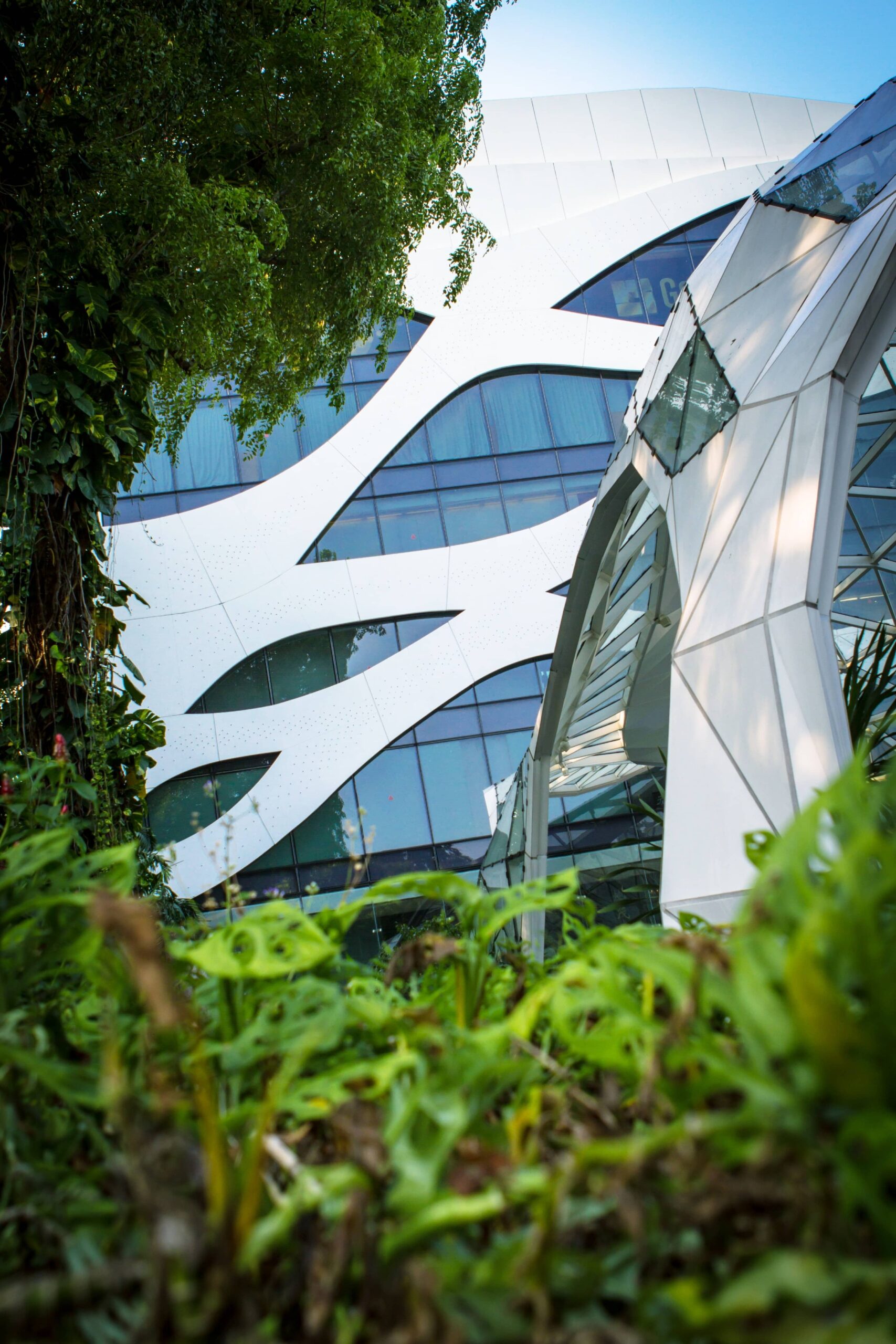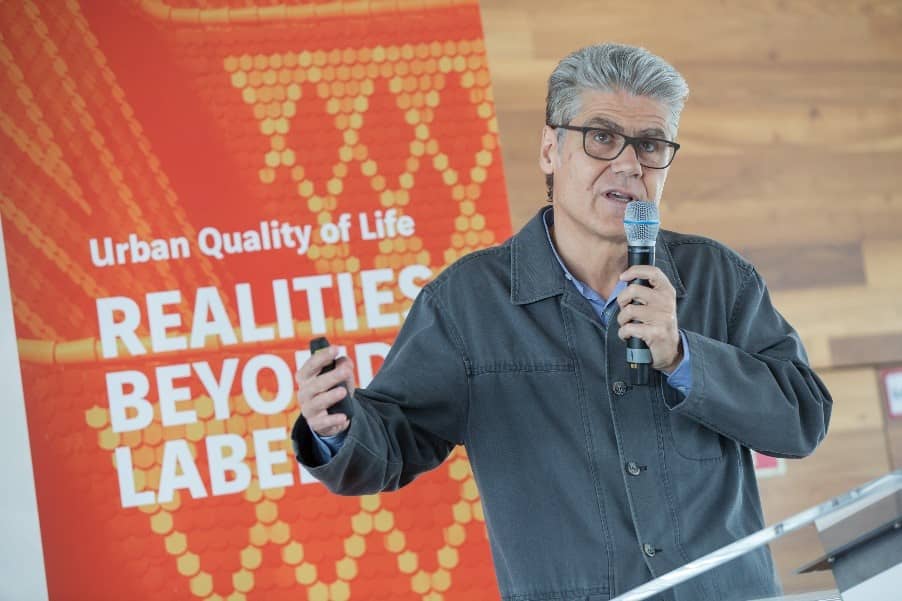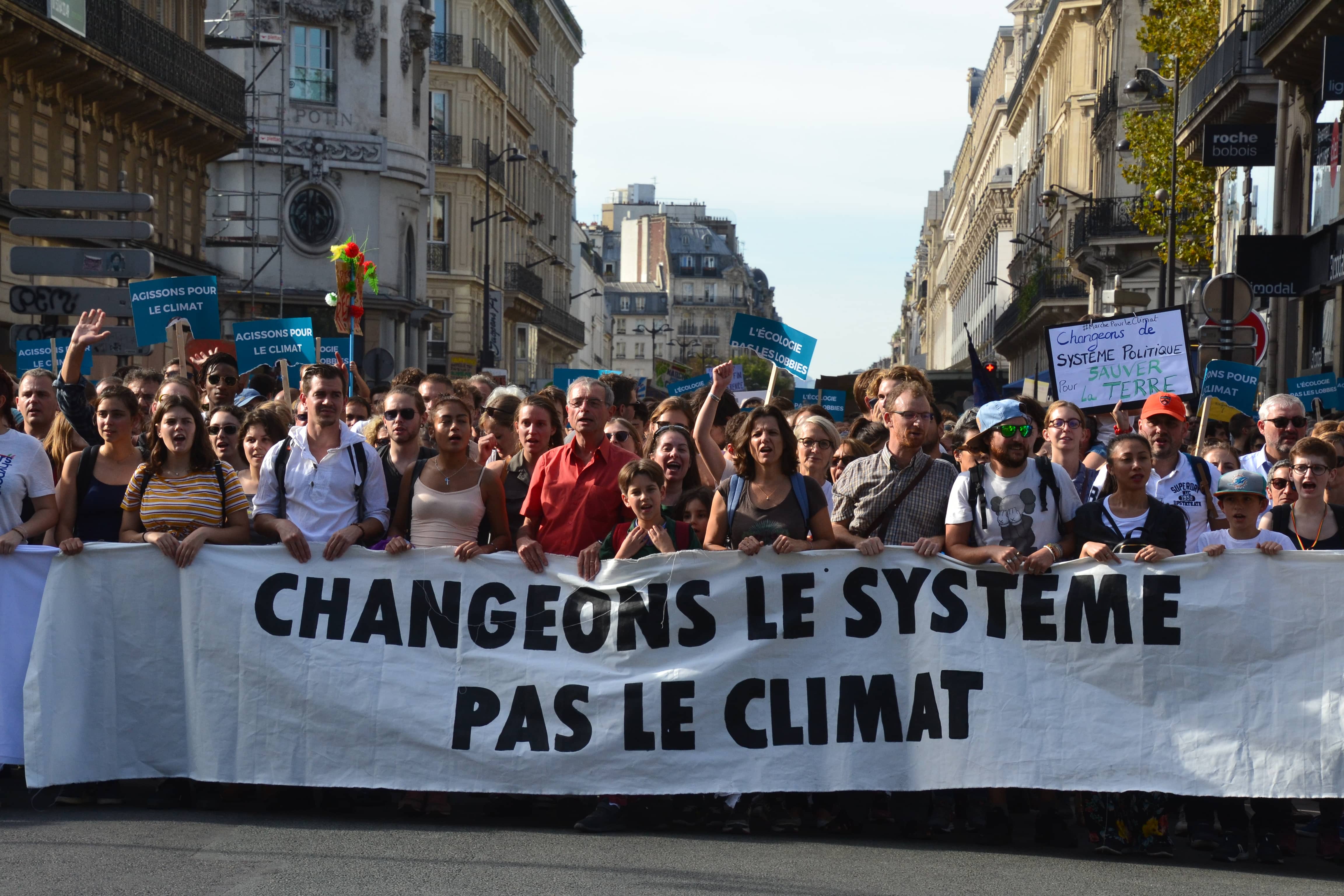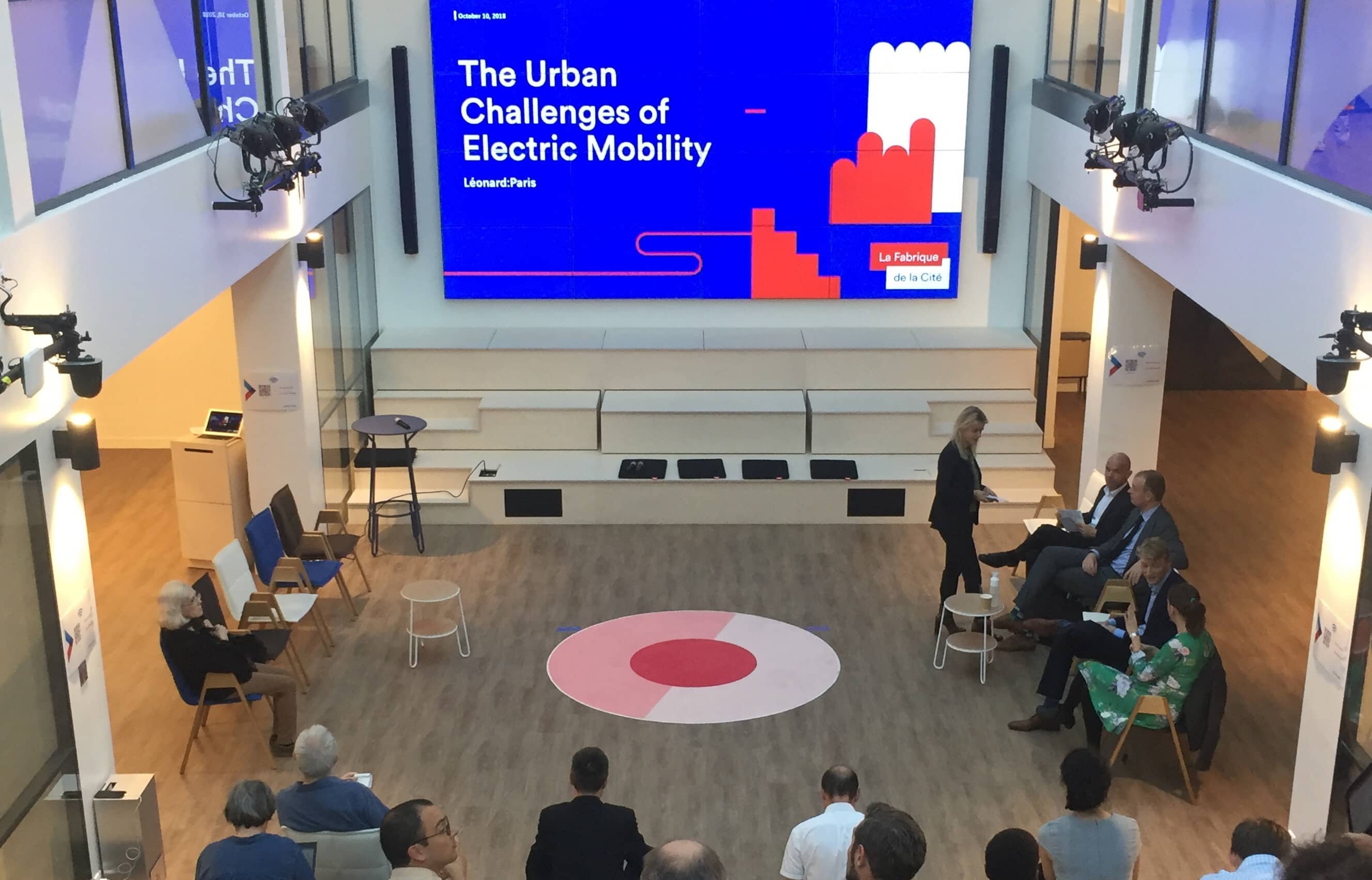

Paving the way for the low-carbon city for all
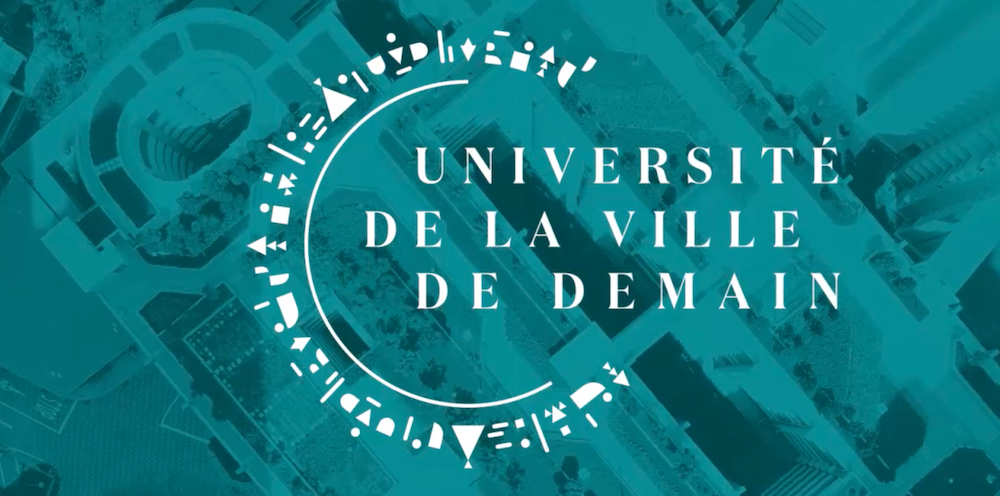
On 8 and 9 July 2021, 150 French political, economic and community decision-makers and personalities from the civil society will meet at the first summit of the “Université de la Ville de Demain”, launched by the Palladio Foundation in partnership with La Fabrique de la Cité in order to lay the foundations for a low-carbon city for all.
Declarations on commitments to reduce greenhouse gas emissions are constantly being made by both public and private actors, a sign that the knock-on effect is working. The summit organised by U.S. President Joe Biden on 22-23 April 2021 allowed the international community to express a new climate ambition , with an increase in the objectives for reducing greenhouse gas emissions in order to contain the rise in temperature to a maximum of +1.5°C. The United States has set itself a target of a 50% reduction in GHGs by 2030 compared to 2005, while Canada and Japan have raised their previous reduction targets from 30% to 45% by 2030 compared to 2005 levels, and from 26% to 46% by 2030 compared to 2013 levels. Europe has reaffirmed its ambition of a net reduction of at least 55% of GHGs by 2030 compared to 1990 levels (New York Times). While we can only welcome this renewed ambition, what is the situation on the ground? The German government’s climate plan, which is in line with European ambitions, has just been judged insufficient by the German Constitutional Court on the grounds that it puts too weak a constraint on the reduction of emissions from 2031 onwards (Bloomberg). As the editorialists in Nature clearly point out, “[setting] a target [for reducing greenhouse gas emissions] for 2050 or 2060 is meaningless without intermediate milestones” (Nature). Beyond declarations, the fight against global warming requires action plans to be implemented and intermediate milestones to be set so that the impact of the actions taken can be assessed.
There are many obstacles to the implementation of effective action plans to reduce GHG emissions. The “Université de la ville de Demain” will focus on four of them:
- Determining the right perimeters for action: even if their role was recognised late in the process, unlike that of states, cities represent a scale of action of primary importance. They carry a significant weight in carbon emissions: 100 cities account for 18% of GHGs for 11% of the population (Environmental Research Letters), so it is already possible to act on a limited number of cities in order to have a significant impact on the national and global carbon footprint. But above all, cities are key players in developing strategies that engage stakeholders on different scales: taking into account both direct and indirect emissions, as well as the impossibility of not resorting to offsetting, opens the door to new approaches to cooperation between territories. The “Université de la Ville de Demain” is thus interested in all urban territories, in all their diversity: metropolises, small and medium-sized towns, city centers as well as suburbs.
- Achieving a mass effect: creating the low-carbon city “for all” cannot be seen as just one option among many, but as a requirement for the success of this project. While the top end of the market has taken up the challenge of the low-carbon city, how can a mass effect be achieved? The “Université de la Ville de Demain” has set itself a goal to make proposals that take into account the reality of territories and inhabitants, as well as the major societal changes currently underway, such as ageing and the widening of socio-spatial inequalities, as well as the challenges of governance, project acceptability, and new expectations in terms of the involvement of civil society and CSR.
- Develop cooperation between actors and between territories: the complexity and interweaving of the issues raised by climate change require all city-making actors to pool their skills and the creation of intersectoral cooperation, the prerequisite for which is the development of a common grammar.
- Coping with uncertainty: climate change leads to loss of control over future developments. In order to cope with this, it is necessary to develop solutions as well as the capacity to react and adapt to the unknown. The “Université de la Ville de Demain” is part of a long-term cycle and is based on the exchange and creation of new knowledge. It meets this goal by avoiding two pitfalls: the confiscation of knowledge by a few actors working in silos; the rejection of expertise in favour of opinion.
The “Université de la Ville de Demain” is innovative in that it calls on the city’s stakeholders, who share a common responsibility, to join forces to face these unprecedented challenges and to cooperate in order to bring about the solutions of tomorrow (Challenges, FR). By bringing together economic and political decision-makers, researchers and experts, representatives of the civil society and the media, the “Université de la Ville de Demain” aims to break down silos by offering an unprecedented mode of cooperation, encouraging dialogue and involving all stakeholders in a process of work and collective commitment. Four key questions have already been worked on for several months in working groups, each chaired by an operational player and an expert and designed and led by La Fabrique de la Cité:
- How to live in a low-carbon city outside of city centres or dense metropolises?
- Beyond the tension between the certain cost of action and the uncertain cost of inaction, between the choice of business as usual and that of transition, how can we finance climate change adaptation and mitigation actions while respecting social and spatial justice?
- How to develop a common vision of the low-carbon city free of fear and guilt and ensure that courses of action create the necessary support and benefit everyone?
- Since indirect emissions are those which, in order to be reduced, require the establishment of the strongest partnerships between territories and between actors, how do the emission reduction strategies of companies and territories complement each other?
This resolutely action-oriented reflection will enable us to lay the groundwork today for the construction of a low-carbon city for all.
These other publications may also be of interest to you:

Lisbon beyond the Tagus
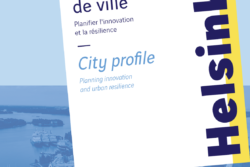
Helsinki : Planning innovation and urban resilience

A warm tomorrow

Nature in the city

Breathless Metropolises
La Fabrique de la Cité
La Fabrique de la Cité is a think tank dedicated to urban foresight, created by the VINCI group, its sponsor, in 2010. La Fabrique de la Cité acts as a forum where urban stakeholders, whether French or international, collaborate to bring forth new ways of building and rebuilding cities.
















